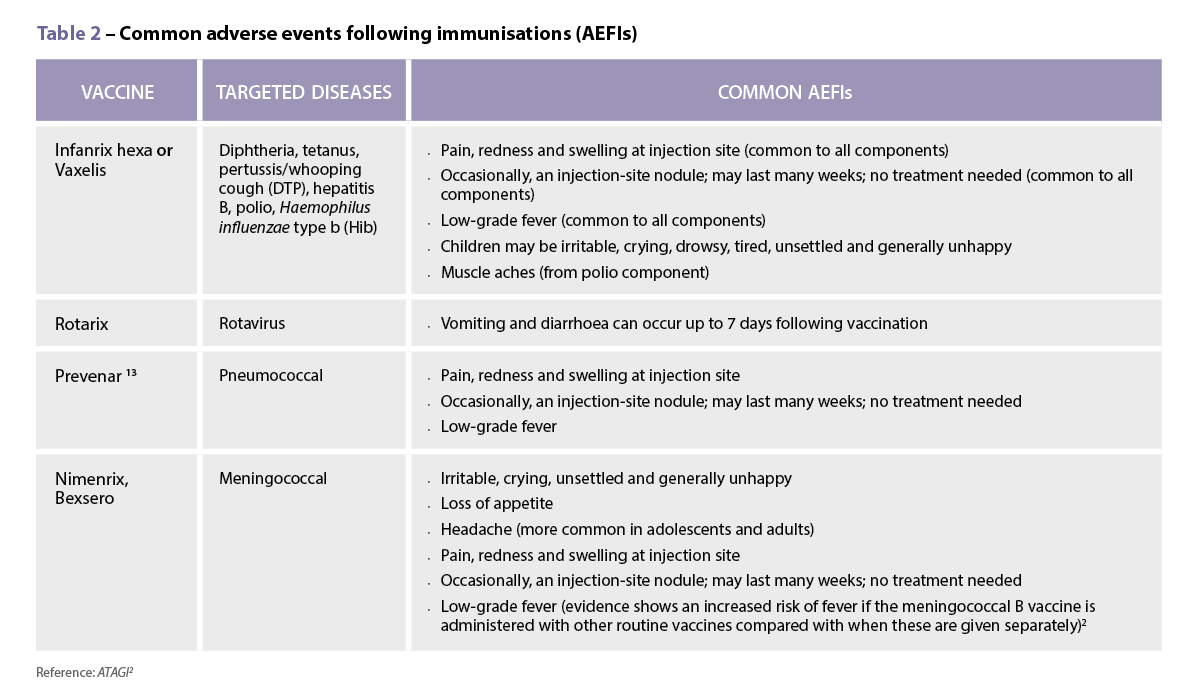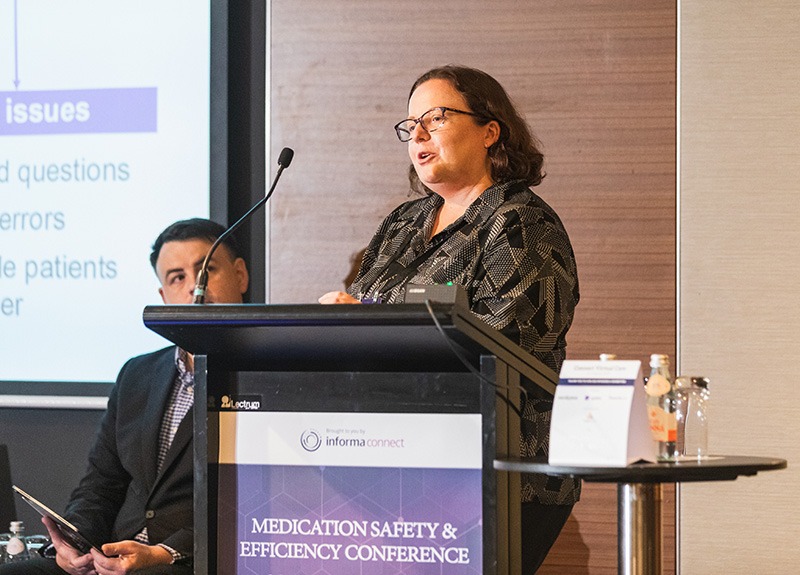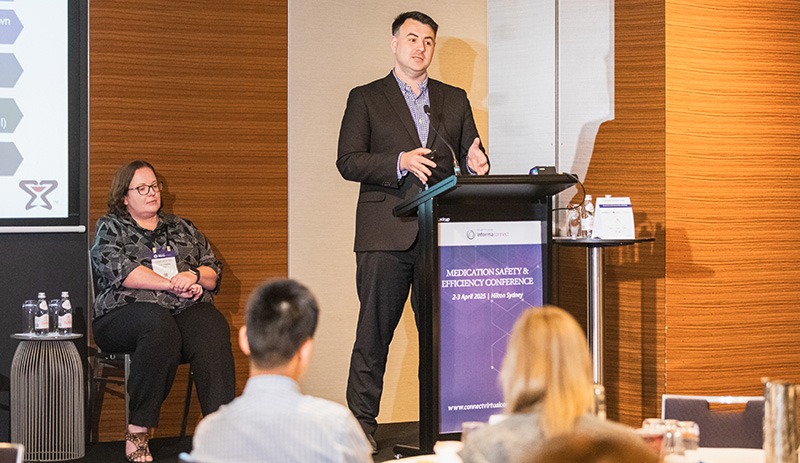Nations around the globe used to look to Australia for examples of bold and innovative pharmacy funding projects. But many of our overseas peers are now streaking ahead.
Australia is lagging. In the past decade, countries such as Canada, New Zealand, England and Scotland have taken the lead in re-imagining the scope of care and funding structures in pharmacy. As this snapshot of funded pharmacy services reveals, Australia must now play catchup. Observations are provided by University of Sydney’s Dr Stephen Carter FPS and the PSA Pharmacist of the Year, Monash University’s John Jackson FPS.
AustraliaFunded services via the 6CPA:• DOSE ADMINISTRATION AIDS • HOME MEDICINES REVIEWS • RESIDENTIAL MEDICATION MANAGEMENT REVIEWS • STAGED SUPPLY • CLINICAL INTERVENTIONS • MEDSCHECK PROGRAMS • QUALITY USE OF MEDICINES IN RESIDENTIAL CARE FACILITIES Australian pharmacists are among the best educated in the world, 1 yet when it comes to funding them for their expertise once they enter community practice, Australia is at risk of slipping behind its peers.2 Our current prescription funding model is commendable when compared with most around the world, says Monash University’s John Jackson, but that doesn’t mean we should rest on our laurels. Now in our sixth Community Pharmacy Agreement, we’re entering a transition period, says University of Sydney’s Dr Stephen Carter. Pharmacists are starting to be recognised in a fuller scope of practice. ‘For community pharmacy we get funding through the Agreement for the provision of medicines. And we also get funded through dispensing services,’ says Dr Carter. ‘But we’ve got to really start to move towards a time when pharmacists are remunerated in some way for a full range of practice.’ There are signs we’re moving in the right direction. We’ve seen the evolution of the clinical intervention program, which is funded through the service part of the 6CPA. We have funding for Home Medicines Reviews and Residential Medication Management Reviews, Staged Supply, Clinical Interventions, Medscheck programs, Healthcare Homes, and other programs, such as increased funding for pharmacists to provide dose administration aids. But as a nation we’ve got to decide to what extent funding should be subsidising the activities of pharmacists working outside pharmacies – not just related to the supply of medicines. ‘The Australian government really needs to seriously consider funding models that are similar to the medical practices and all the other professions that have [Medicare Benefits Schedule] item numbers to provide those services,’ says Dr Carter. One of the main hurdles, says Mr Jackson, is that the Commonwealth is the funder, yet it doesn’t have legislative responsibility for health – the states and territories provide the legislative framework. ‘But, of course, he who pays the piper calls the tune,’ he says. ‘We have far too much squabbling between the professional organisations in this country. Governments, the medical profession and the consumers all hear conflicting and confusing messages of what the profession aspires to.’ To rectify this situation, Mr Jackson has developed Project Pharmacist through Monash University (see breakout) with an aim of unifying the vision of pharmacists’ roles and responsibilities – and how they should be appropriately remunerated. |
New ZealandFunded services include:• SMOKING CESSATION • SCREENING AND RISK ASSESSMENT • IMMUNISATION • MEDICATION REVIEWS • CHRONIC DISEASE MANAGEMENT (WORLD LEADER) • INTEGRATION IN GENERAL PRACTICE • INTEGRATION IN HEALTH CARE HOMES • PRESCRIBING UNDER PROTOCOL. The New Zealand government’s medicines strategy aims to enhance collaboration between pharmacists and other health professionals to deliver patients the right care at the right time.3 New Zealand has even recently altered legislation to allow appropriately qualified pharmacists to prescribe.3 ‘Their immunisation program is a really good model for how it could be done,’ says Dr Carter. New Zealand also has a long-term condition program for patients who are on medicines for chronic conditions. ‘Pharmacists are remunerated to support the patient to be compliant,’ says Mr Jackson. A significant factor in New Zealand’s favour is having a single level of government. ‘You can see the iterative development of the visions and statements by that government and by the profession in New Zealand,’ says Mr Jackson. |
CanadaFunded services in some provinces include:· SMOKING CESSATION · MINOR AILMENTS SERVICE · IMMUNISATION · MEDICATION REVIEWS · CHRONIC DISEASE MANAGEMENT · INTEGRATION IN GENERAL PRACTICE · INTEGRATION IN HEALTH CARE HOMES · PRESCRIBING UNDER PROTOCOL (WORLD LEADER). Over the past decade, every single one of Canada’s 10 provinces has seen considerable expansion of pharmacists’ scope of care. ‘Canada is starting to really lead the world in the provision of their services,’ says Dr Carter. In most territories, pharmacists’ scope of practice now includes being able to initiate drug therapy independently, prescribe for minor ailments or conditions, and make therapeutic substitution.3 They can also change drug dosage or formulation, renew or extend prescriptions, administer a drug by injection, and order and interpret lab tests. In Alberta, pharmacists are funded to not dispense prescriptions when they deem it’s appropriate. Says Mr Jackson: ‘In Australia, if I deem a patient shouldn’t have a prescription dispensed, I financially penalise myself.’ |
United StatesFunded services in some states include:· SMOKING CESSATION · IMMUNISATION · MEDICATION REVIEWS · CHRONIC DISEASE MANAGEMENT · INTEGRATION IN GENERAL PRACTICE · INTEGRATION IN HEALTH CARE HOMES (WORLD LEADER) · PRESCRIBING UNDER PROTOCOL. In the US, the introduction of alternative performance-based payment models for pharmacists, including directing funding towards patients with complex medication needs and on high-cost medicines, has been of particular interest to observers like Mr Jackson.4 ‘It’s become an aspect of many prescription funding programs in the US,’ Mr Jackson says. ‘They’ve started to recognise that paying for prescriptions on a fee-for-service basis not only maintains the incentive for the pharmacist to supply regardless of need, but it also lacks any reward for the pharmacist who does anything to improve health outcomes.’ There are concerns, however, that a lack of regulatory protections could see the market disrupted by tech giants. ‘The great fear is that Amazon has just recently purchased a pharmacy in the US,’ Mr Jackson says. ‘Now, that is feasible in the United States. But we would be naive to think that legislative barriers that prevent it happening in Australia will always be here. The technology that enabled that to happen knows no boundaries – remember, Uber wasn’t legal in Victoria when it started operating.’ |
United Kingdom & IrelandFunded services in some countries include:· SMOKING CESSATION · MINOR AILMENTS SERVICE (SCOTLAND WORLD LEADER) · SCREENING AND RISK ASSESSMENT · IMMUNISATION (IRELAND WORLD LEADER) · MEDICATION REVIEWS · CHRONIC DISEASE MANAGEMENT · INTEGRATION IN GENERAL PRACTICE (ENGLAND WORLD LEADER) · PRESCRIBING UNDER PROTOCOL.2 Recent reforms in the UK have sought to integrate more pharmacy services, such as the National Health Service (NHS) Minor Ailments Scheme, in order to provide better outcomes for consumers. However, some counties have discontinued the scheme in recent times, either due to funding issues5 or in response to NHS England guidance to restrict prescribing of over-the-counter (OTC) medicines for minor, self-limiting or short-term conditions.6 England also has the New Medicine Service (NMS), which provides support to help improve medicines adherence among people newly prescribed a medicine for a long-term condition.7 Mr Jackson has noted another interesting development in Wales, Scotland and Ireland over the past few years: the elimination of patient contribution fees. Faced with major GP shortages, the government in Scotland has stated it wants all pharmacists to aspire to be independent prescribers working in collaborative partnerships with medical practitioners.8 |
EuropeFunded services in some countries include:· SMOKING CESSATION (WORLD LEADER IN 20 COUNTRIES) · SCREENING AND RISK ASSESSMENT (WORLD LEADER IN 15 COUNTRIES) · IMMUNISATION · MEDICATION REVIEWS · CHRONIC DISEASE MANAGEMENT · INTEGRATION IN GENERAL PRACTICE · INTEGRATION IN HEALTH CARE HOMES. In some European countries, including France and Spain, all pharmacies are independents – chains are banned and each pharmacy must be owned by a pharmacist. Pharmacies also have the exclusive right to sell non-prescription medicines.9 In France, pharmacists are paid a fixed sum per pack of medicine dispensed, in exchange for a reduction in the price-based margins.11 French community pharmacies are also remunerated on a per service basis for counselling about appropriate use of medicines and smoking cessation.11 In Spain, payment for dispensing is product-oriented through setting a margin that depends on a percentage of the price of the dispensed medicine.11 Remuneration is also available for adherence programs, vaccinations, medicine therapy reviews, remote pharmacy reviews, health promotion and health education.11 |
Project PharmacistMonash’s Project Pharmacist aims to facilitate the sustainable implementation of professional models of practice for pharmacists in primary care.10 ‘There’s plenty of evidence that pharmacists are underutilised in primary care,’ explains Project Pharmacist Director Mr John Jackson. ‘A lot of that is due to funding models, legislation and ownership structures.’ Mr Jackson says that while most young pharmacists leave university eager to implement their knowledge and work as health professionals, often they do not have the opportunity to do so in community pharmacy. ‘Project Pharmacist is about looking at the barriers and trying to resolve them so that pharmacists can adopt enhanced professional roles in primary care,’ he says. The project uses the regulatory framework in Victoria as a reference point against a number of comparable jurisdictions – such as Alberta in Canada, Scotland in the UK, and New Zealand – in order to determine why they have passed us by in terms of delivering enhanced primary care services. ‘If I was to point my finger at one thing, it would be the absence in this country of a clear united statement from our governments on what they expect of the profession and a reciprocal all-of-profession statement of what we aspire to provide,’ says Mr Jackson. The project has already developed a conceptual diagram for pharmacists outlining a range of roles and activities that pharmacists can deliver. ‘This will be published shortly – and it is going to be very useful for pharmacists.’ |
References
- Top Universities. Pharmacy & Pharmacology University Rankings. At: topuniversities.com/university-rankings/university-subject-rankings/2017/pharmacy-pharmacology
- Pharmaceutical Society of Australia. Optimising Pharmacist’s contribution to health: An Australian Snapshot 2017.
- Pharmaceutical Society of Australia. Pharmacists in 2023: A Discussion Paper. 2018. At: https://my.psa.org.au/servlet/fileField?entityId=ka17F0000000xyIQAQ&field=PDF_File_Member_Content__Body__s
- Avalere Health. Developing trends in delivery and reimbursement of pharmacist services: 2015. At: naspa.us/wp-content/uploads/2015/11/103015_Avalere_NACDS_ WhitePaper_LP_Final.pdf
- Andalo D. Minor ailment scheme closures a “backwards step”. The Pharmaceutical Journal. 2017. At: pharmaceuticaljournal.com/news-and-analysis/news/minor-ailment-scheme-closures- a-backwards-step/20202628.article
- Burns C. Pharmacy minor ailment scheme discontinued after NHS England OTC guidance. 2018. The Pharmaceutical Journal. At: pharmaceutical-journal.com/news-and-analysis/news/pharmacy-minor-ailment-scheme-discontinued-after-nhs-england-otc-guidance/20204957.article
- Pharmaceutical Services Negotiating Committee. New Medicine Service. At: psnc.org.uk/services-commissioning/advanced-services/nms/
- The Scottish Government. Prescription for Excellence: A vision and action plan for the right pharmaceutical care through integrated partnerships and innovation. 2013. At: gov.scot/resource/0043/00434053.pdf pg 4
- Chave J. The challenges we share with some EU countries: what can we learn? The Pharmaceutical Journal. 2014. At: pharmaceutical-journal.com/the-challenges-we-share-with-some-eu-countries-what-can-we-learn/11134173.article
- Monash University. Project Pharmacist. At: monash.edu/pharm/research/areas/medicine-safety/research-areas/project-pharmacist
- Deloitte Access Economics. Remuneration and regulation of community pharmacy. Australian Government Department of Health 2016 [report]. Available from: health.gov.au/internet/main/publishing.nsf/Content/4E0B6EEE19F56A40CA2581470016D



 This CPD activity is supported by an unrestricted education grant by Reckitt.[/caption]
This CPD activity is supported by an unrestricted education grant by Reckitt.[/caption]





 Jess Hadley, community pharmacist and Professional Officer at PDL[/caption]
Jess Hadley, community pharmacist and Professional Officer at PDL[/caption]
 Peter Guthrey, Senior Pharmacist – Strategic Policy at PSA[/caption]
Peter Guthrey, Senior Pharmacist – Strategic Policy at PSA[/caption]


 Professor Margie Danchin[/caption]
Professor Margie Danchin[/caption]

 Dr Peter Tenni[/caption]
Dr Peter Tenni[/caption]
 How should we deprescribe gabapentinoids, according to the Maudsley Deprescribing Guidelines[/caption]
How should we deprescribe gabapentinoids, according to the Maudsley Deprescribing Guidelines[/caption]






